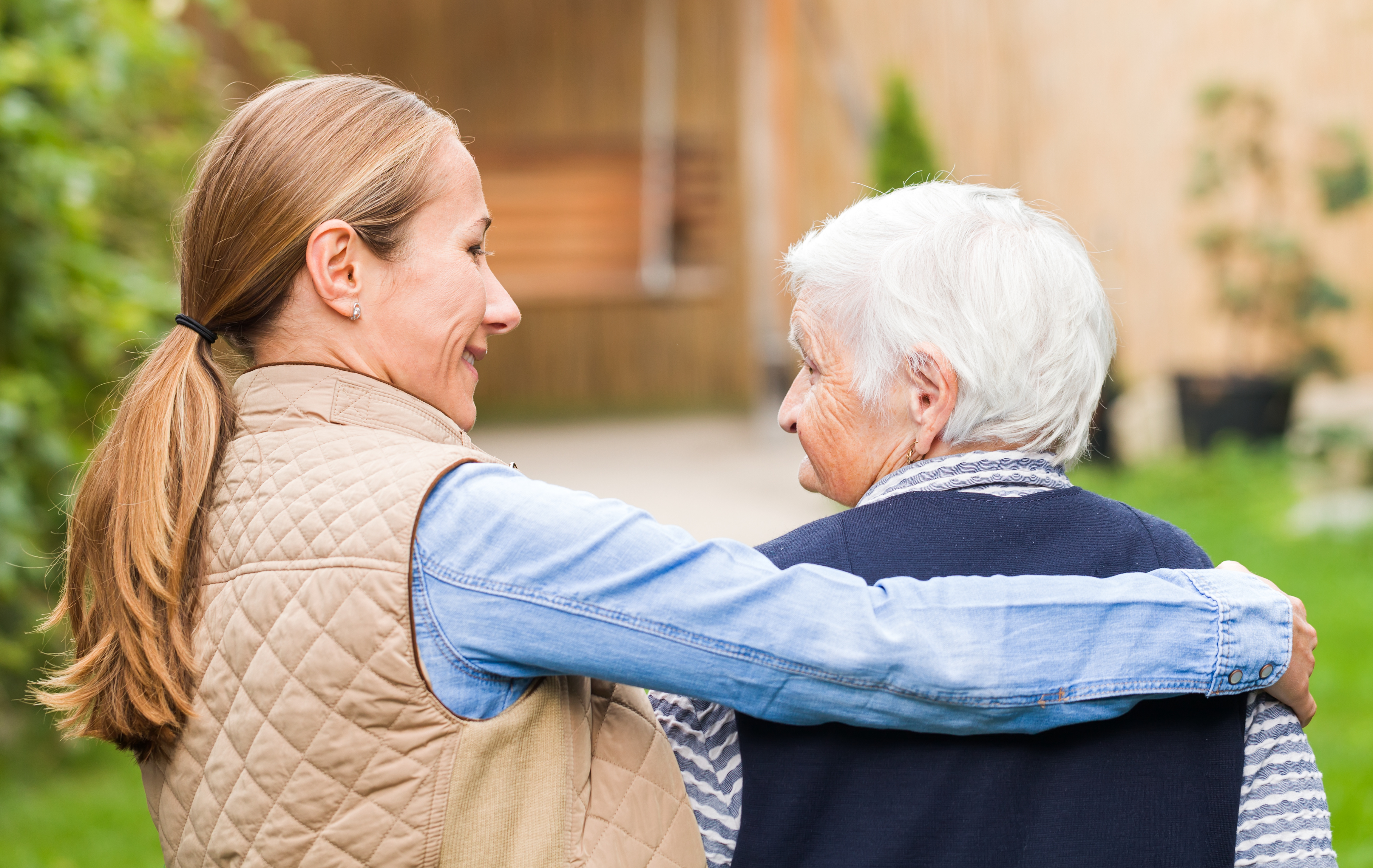The highlights of life, such as a wedding, your own children but also stories from everyday life are good topics to pick up demented people.
Watch photo albums
Many residents of nursing homes have brought photo albums into the homes. Leafing through and browsing together is enriching for those with dementia. For events such as the birth of children and grandchildren or church celebrations such as weddings, communions or the first Christmas after the war are deeply rooted in the memory. Often these life-defining milestones are even important turning points in people’s lives.
And who dares to ask often gets amazing answers from elderly residents. Looking at the wedding album, one question might be, „What do you mean, what makes a good marriage?“ Whether the answer is „Never think of divorce“ or „The attitude of ‚we belong together, no matter what happens‘ is the most important thing „is valuable life wisdom, which is in every nursing home.
Activate long-term memory
Above all, however, with this form of remembrance work, the person suffering from dementia is emotionally reached. He manages to relate to him or her. Often, such introductory questions call up images that the long-term memory has stored. So some residents can describe in detail how their wedding dress looked like. They remember patterns, colors and cuts – or the floral decoration. Others reveal incisive encounters that have taken place at family gatherings. For example, when they have met their own partner at the sister and brother-in-law’s wedding party.
Toys from the youth
Another way to start talking about contemporary children’s toys. A wooden gyroscope or a twist rubber band, perhaps a photograph of an old bicycle from the resident’s youth, are suitable for questions such as, „What did you play with as a child?“ Or „Which toys do children especially like?“ Getting started in the relationship work an everyday object, the toy or a picture of it. However, in order to continue the conversation, it sometimes requires further input: „What was the toy from?“, „Where did you play as a child?“ Or „What games did your children like to play?“
Remember guys
The third approach for a discussion in the relationship work are everyday encounters and rituals. Ask the residents about exciting or quirky types they encountered in their lives. Maybe it was the music teacher or the first instructor, a nice neighbor or the village pastor. Which meeting got stuck? What were the circumstances? What did people learn from these situations or how did the encounters go?
If the conversation falters, W-questions help when activating. Through questions that begin with „who, what, when, how, where, why, and why,“ researchers collect complete facts to create an image. This technique, which rescuers use in an emergency or with which journalists illuminate backgrounds, is also helpful in dealing with people with dementia.
Perceive feelings
In dementia patients, it sometimes happens that answers do not seem to fit the question. Dementia experts advise that they perceive the emotions and habits of patients and name them appreciative. For example, if someone is concerned about the wedding guests of that time, he will insult them if the focus of the reaction is not on the deficits. Teaching statements are inappropriate.
Instead, focus on the positive qualities. That way, outages can become resources. A „Wegläuferin“ becomes the caring mother, the „Wühler“ the orderly friend, the tough „questioner“ to the interested, the „restless“ the punctual lady.
Pay attention to body language
Dementia changed reflect the behavior of their counterpart. Anyone who conveys good mood, anger or nervousness through his body language has a contagious effect on them. Residents struggle to understand why someone else is shouting or drumming their fingers and mimic this behavior.
A good advice is always to approach patients from the beginning, to look at them and to reinforce the spoken word through facial expressions and gestures. Even touches are valuable. The sound of the voice and posture gives dementia patients whether caregivers are relaxed or stressed out. Gereichte hands see it as a welcome gesture, a wink as a greeting.


